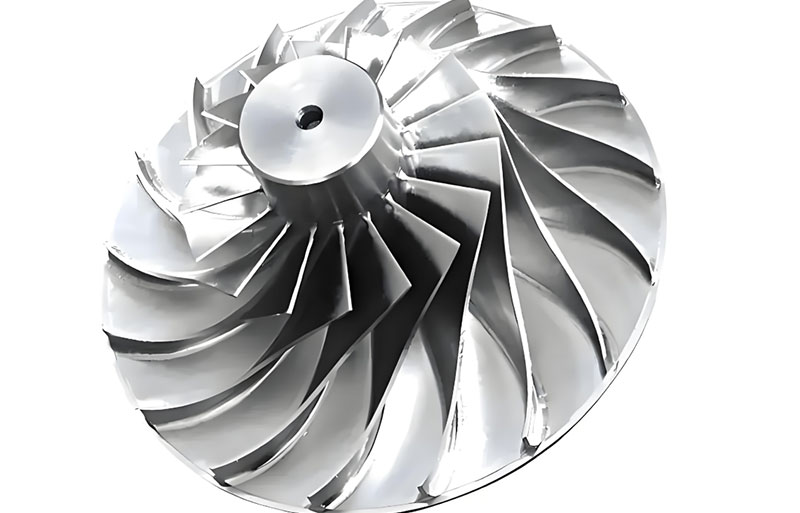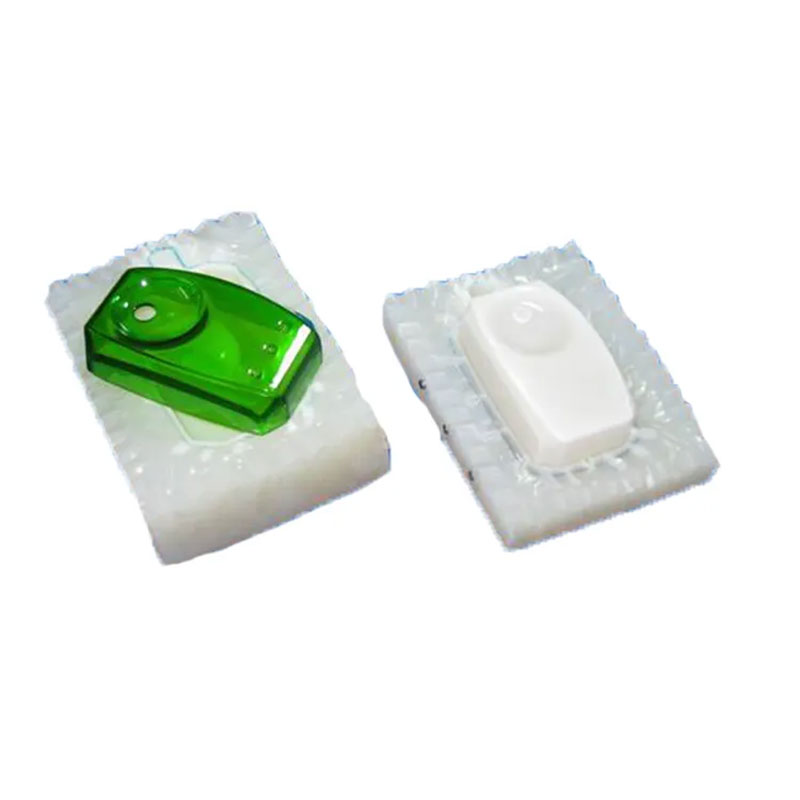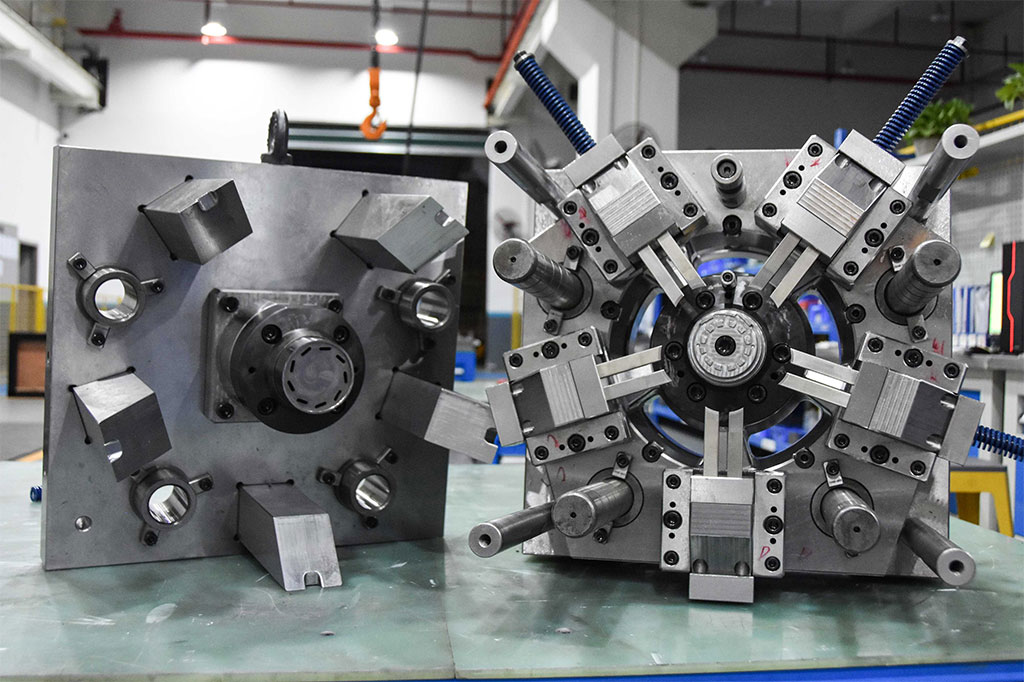Titanium-machined parts are durable, corrosion-resistant, and aesthetic. These qualities give them applications in a variety of industries.

Marine/Naval Industry
Compared to most naturally occurring metals, titanium has a higher corrosion resistance. This resistance makes it ideal for producing propeller shafts, underwater robotics, rigging equipment, ball valves, marine heat exchangers, fire system piping, pumps, exhaust stack liners, and onboarding cooling systems.
Aerospace
Due to its numerous desirable qualities, titanium is a sought-after material in the aerospace industry. These qualities include its high strength-to-weight ratio, outstanding resistance to corrosion, and capability in extremely hot environments. Titanium parts in the aerospace industry include seat components, turbine components, shaft, valve, housing, and filter parts, as well as parts for oxygen generation systems.
Automotive
In the automotive sector titanium vs aluminum is an ever-raging argument, with aluminum having the upper hand due to its availability and cost effectiveness. Nonetheless, titanium is still found in the production of automotive parts. The main automotive uses for titanium and its alloys are production in the valves, valve springs, retainers, car stop brackets, hanging ear nuts, engine piston pins, suspension springs, brake caliper pistons, engine rockers, and connecting rods of engines with internal combustion.
Medical and Dental
The medical industry finds several applications for titanium due to its high corrosion resistance, low electrical conductivity, and physiological pH values. Parts made from titanium used for the medical industry include tapered, straight, or self-tapping bone screws, dental implant screws, cranial screws for cranial fixation systems, spinal fixation rods, connectors and plates, orthopedic pins, etc.


